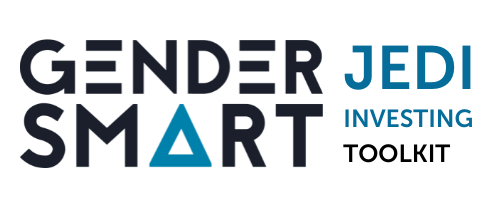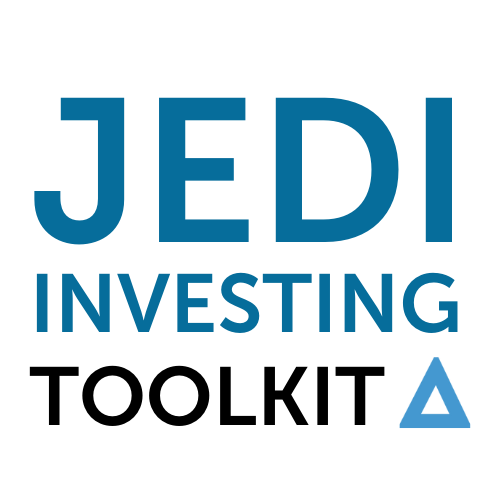The Economic Benefits of Improving Social Inclusion
The Special Broadcasting Service (SBS) commissioned Deloitte Access Economics to quantify the economic dividend from raising the level of social inclusion in Australia, with a focus on cultural diversity, in order to help shape its future policies and strategies for delivering on its Charter. The quantitative analysis in this report largely focuses on the benefits of social inclusion for culturally and linguistically diverse communities, specifically migrant communities, but this report recognises that there are many other groups that contribute to diversity and for whom improving social inclusion is likely to result in additional economic benefits.
Responsible Venture Capital: Integrating Environmental and Social Approaches in Early-Stage Investing
As pragmatic investors in challenging markets, CDC and FMO tailor their approach to the nuances of each asset class. Equally, as development finance institutions, they have a deep commitment to responsible investment. Therefore, this report is intended to provide practical advice about how to invest responsibly in early-stage businesses in emerging markets; managing environmental, social and governance (ESG) risks and identifying opportunities, while supporting the growth of innovative companies.
A Blueprint for Revamping the Minority Business Development Agency
Across the United States, small businesses are a significant source of employment and provide a variety of goods and services. For those who are fortunate enough to own a small business, they can also offer a pathway to wealth building and prosperity. Unfortunately, the ownership, profitability, and even presence of small businesses are grounded in differences in capital finance and unevenly distributed by race—especially when comparing Black and white communities. This issue brief examines the disparity.
Investing in Equality: Integrating LGBT Issues into Total Portfolio Activation
This white paper from Trilium Asset Management provides a framework for investors to expand the scope of impact in LGBT issues across asset classes in their portfolios. The authors believe that all investments have impact, regardless of asset class, and that individual and institutional investors alike should consider how best to achieve their financial goals while leveraging their investments in a way that aligns with their mission and values. The goal of this report is that investors use the resources and case studies in this white paper as a guide for identifying investment opportunities that advance LGBT rights and equality.
Gender Equality and Social Inclusion Strategy 2018–2022: Fiji Women’s Fund
The Fiji Women’s Fund is an initiative of the Pacific Women Shaping Pacific Development (Pacific Women) Program, funded by the Australian Government. In November 2015, DFAT commissioned a three-member design team to develop the Fund design. The design team consulted with a range of stakeholders including key women’s civil society organisations and rural women’s groups, government, private sector and development grantees. The consultation highlighted the positive interest and support from women’s civil society organisations for the Fund to be locally owned and managed. However, there was strong consensus among women’s organisations that the process for localising the Fund required time and planning, and that this would be the key focus of the Fund while it is supported by DFAT until 2022. The Fund commits up to AU$10.5 million from July 2017 to June 2022 to women’s organisations, groups and networks. It will provide funding and capacity development support to women’s groups, organisations and networks in Fiji to expand and enhance their work on women’s empowerment and gender equality.
Investing for Justice Part 2: How
Social and racial justice is a complex and sensitive systemic issue that can make people feel uncomfortable. Systemic inequalities in the financial sector reinforce systemic inequalities in society. However, if we are going to commit to learning and striving for change, then the issues need to be faced in order to overcome them. This report from Rally Assets demonstrates how we can work to reduce those inequalities by how and where we invest our capital.
Inclusive Resilience in South Asia
The World Bank’s South Asia team has developed project specific social inclusion action plans that include a set of recommendations outlining feasible entry points for Disaster Risk Management (DRM) projects across a variety of DRM topics to more inclusively address the needs of excluded populations. The menu of actions will keep growing as we learn more. This project aims to elevate innovative solutions and the emerging best practices from the local, regional and international levels on inclusion in disaster contexts. This platform aims to highlight the truly resilient society that DRM and Social Development practitioners are building and scaling across the South Asia region.

